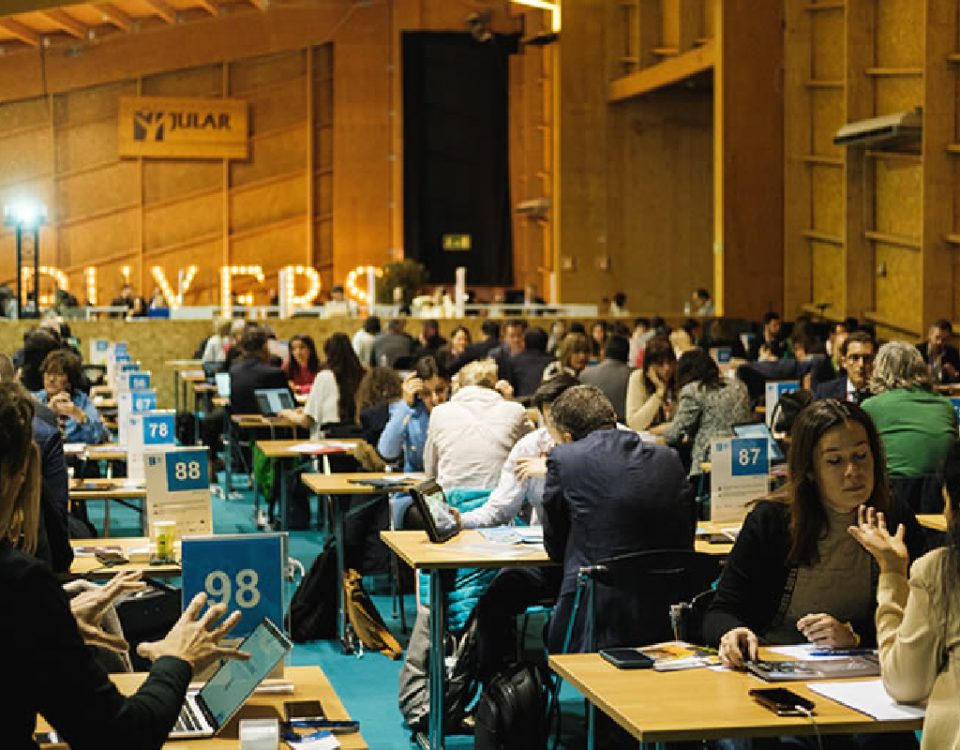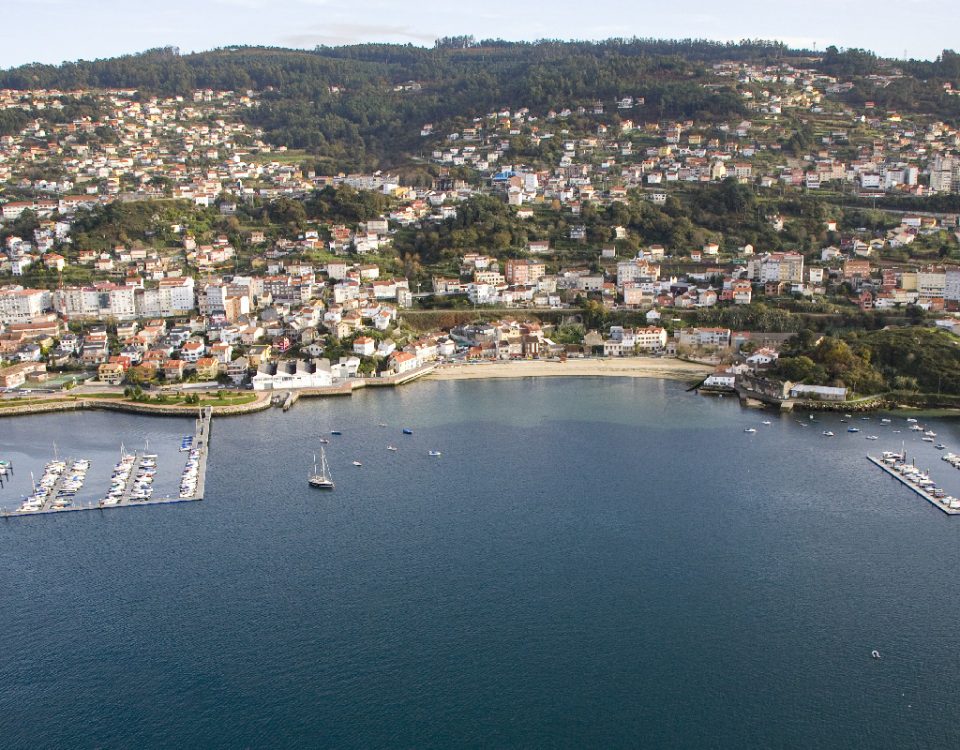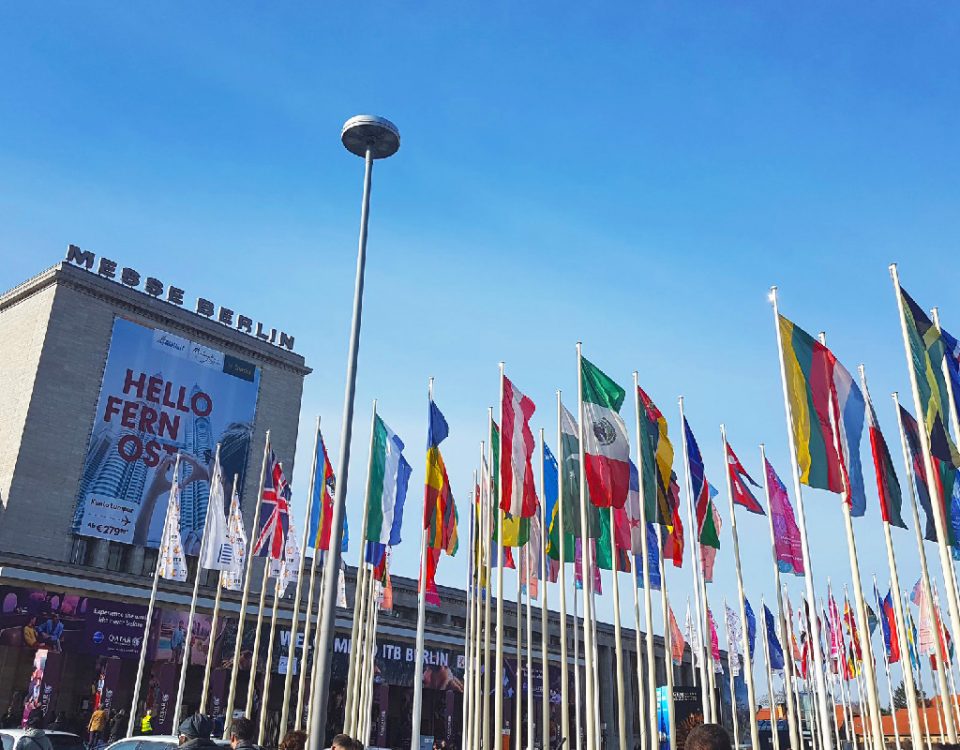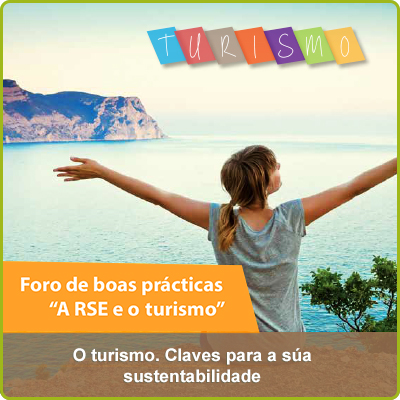- El mejor turismo de galicia
Tourist tax in Galicia?
Tourist tax in Galicia?
After the presentation of a report by USC professor Luís Caramés on the feasibility of introducing a tourist tax in Compostela, the debate on the opportunity to introduce a tax of this type, how and at what level, autonomous or municipal, resurfaces. The Xunta de Galicia, through statements both from its vice-president, Alfonso Rueda, and the director of Tourism of Galicia, Nava Castro, consdieran that there are no objective reasons to think at this time in implementing a tourism tax at an autonomous level, since it would be a measure that could even be counterproductive for the development that is experiencing the sector.
In this sense, the Hospitality Association of Compostela shares a good part of the diagnosis of the professor regarding the saturation of the Cathedral’s surroundings, but they have doubts about the introduction of a tourist tax, since it would be necessary to assess how it would be implemented and its repercussion, considering that, in any case, it should start with the hikers, who generate more saturation and less income to the sector.
For its part, the tourism sector in the province of Pontevedra has openly demonstrated against the tourist tax. Both the Provincial Federation of Businessmen of Pontevedra (Feprohos) and the Association of Hospitality Businessmen of Pontevedra (Asehopo) consider that it would be unfortunate to raise at this moment a tourist tax in Galicia as it would negatively affect both the process of growth in the number of visitors and the profitability of a sector that accounts for 12% of the Galician GDP and is currently working as an economic engine of our territory. “We believe that it is time to continue working on the path of sustainable growth, based on quality tourism, respectful of the environment, consistently managing the arrival of visitors and promoting new tourism products that allow us to attract visitors throughout the year,”they say.
In this sense, and in line with the opinion of the Galician Tourism Cluster as an entity, they consider that the possible introduction of a tourism tax raises many doubts as to how its operation would be established. As for its application, since if it were exclusively for overnight stays, it would be outside the tax on excursions and day visitors, (which is usually the main cause of complaint in destinations near saturation) and on the destination of the proceeds, since it is not clear how the tax would directly revert in the improvement of infrastructure and maintenance of the tourist sector and in improving the quality of life of the citizens of each municipality where it is established, and of course
Bearing in mind, moreover, that we are facing a tourist destination such as the Galician that is still growing, the tourism sector Pontevedrés considers that it is necessary to continue working to put in value “the Tourism Industry”, which has generated so many benefits, and that it remains “one of the great engines” of employment generation and wealth in the province of Pontevedra and Galicia in general.









